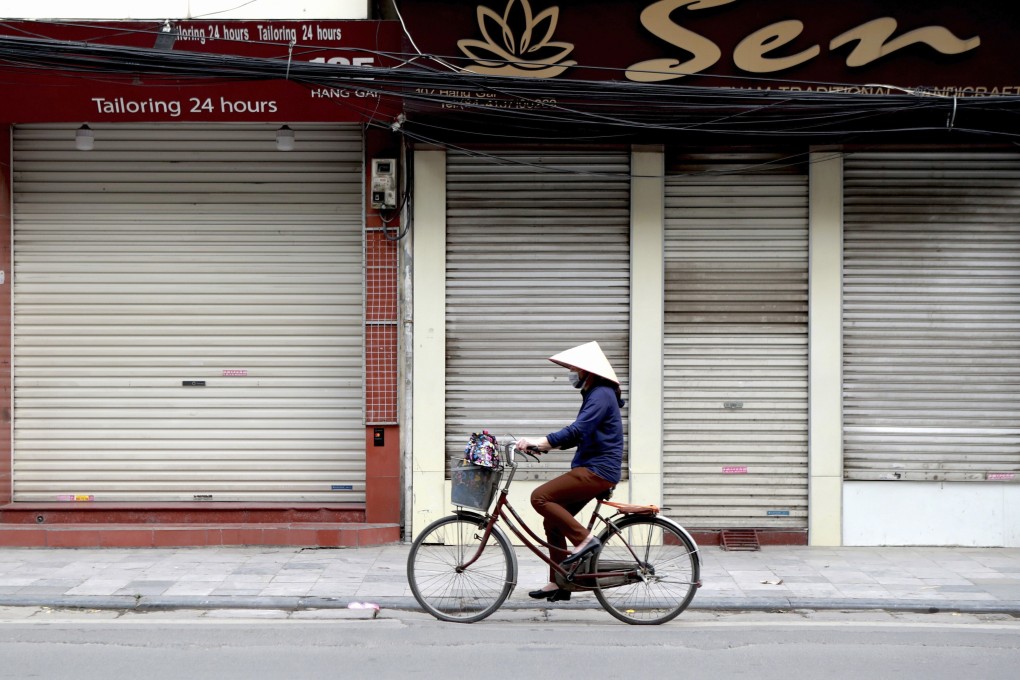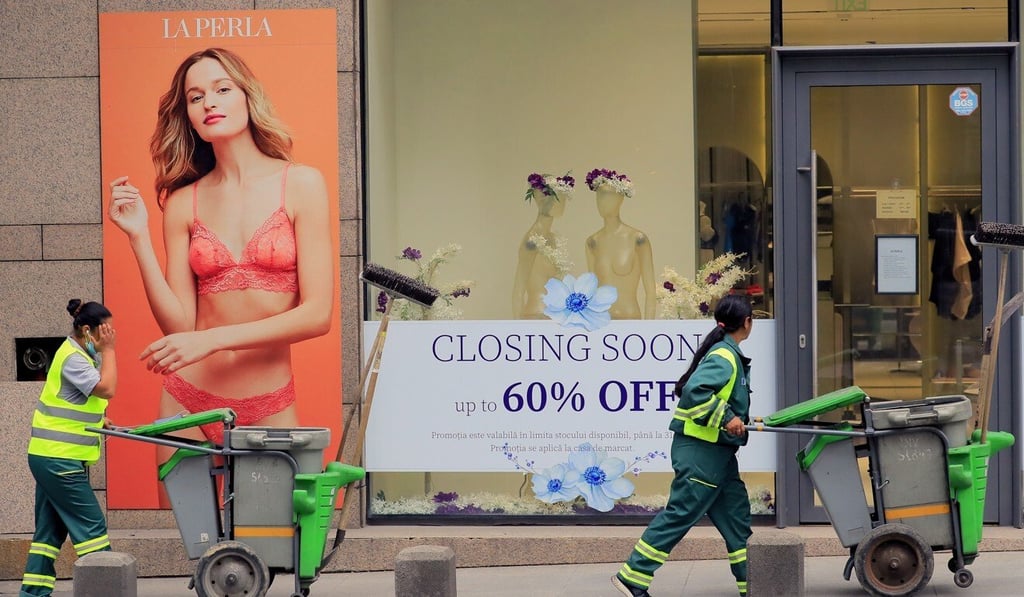Advertisement
As the coronavirus pandemic decimates economies worldwide, we all need to make sacrifices
- Businesses, employees and consumers should all be prepared to shoulder some of the losses to get through this difficult time
- Meanwhile, offering customers simple value-added services, in exchange for those lost due to social distancing rules, could go a long way
Reading Time:3 minutes
Why you can trust SCMP

Covid-19 has thrown the world economy into turmoil. Hong Kong’s gross domestic product dropped 8.9 per cent on a year on year basis in the first quarter, the largest decline on record. Many businesses are on the verge of bankruptcy because of social isolation and travel restrictions. This includes companies in, for example, the air travel, food and beverage, and even education sectors.
Not surprisingly, workers are frustrated and consumers are discontented when many paid activities are cancelled or moved online. In particular, students are asking educational institutions for a refund of tuition fees.
Some students in the United States have filed class-action lawsuits after universities did not agree to refund or compensate them for their losses. Labour unions are requesting employers to promise not to lay workers off and minimise salary cuts.
Advertisement
However, we must realise that a pandemic, just like a natural disaster, makes a significant portion of activity impossible, which results in a decline in economic utility or how much a product or service is valued by consumers.
It is inevitable that all stakeholders in society, including business owners, workers, consumers and the government, suffer losses during a pandemic. The key question is: how should this loss be distributed?
Advertisement

Advertisement
Select Voice
Select Speed
1.00x
